Kyrgyzstan’s mega stadium project sparks fears of deep corruption
- Update Time : Tuesday, April 22, 2025
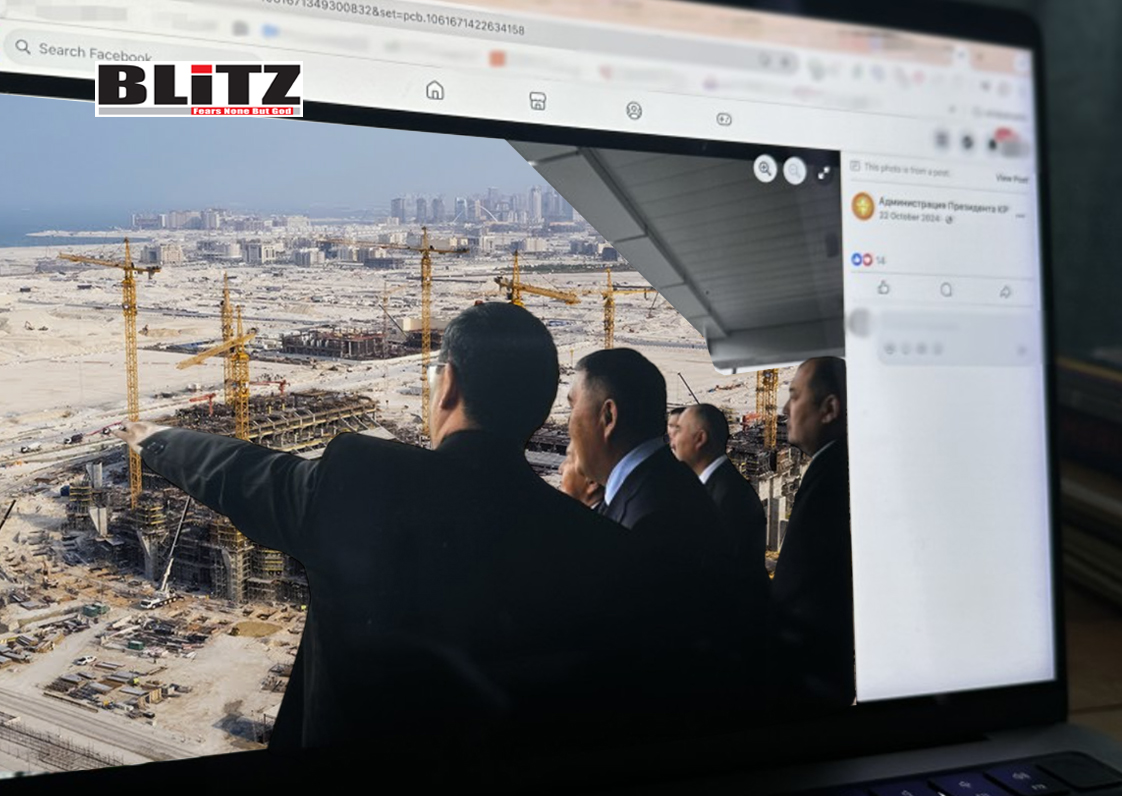
Kyrgyzstan, a landlocked and mountainous Central Asian country, has long teetered between aspirations of modernization and the realities of deeply entrenched corruption. Under President Sadyr Japarov, the country has pursued an ambitious image of development, fueled by flashy infrastructure projects that seek to portray Kyrgyzstan as an economic contender in the region. Chief among these is the massive football stadium currently under construction near Bishkek, the capital. Promoted as the largest stadium in Central Asia upon completion, the project is emblematic of both the country’s lofty ambitions and its troubling descent into opacity.
The construction of the stadium is officially tied to Kyrgyzstan’s joint bid with Uzbekistan and Tajikistan to host the 2031 Asian Football Confederation Cup, a move that, if successful, would thrust the nation onto the continental sports stage. However, serious questions are emerging about the governance, financing, and political connections surrounding the project-questions that are going largely unanswered by the state.
Since assuming power in 2020 amid political upheaval, President Sadyr Japarov has prioritized a highly centralized model of governance. Much of his government’s development activity has flowed through the Presidential Administrative Directorate, a powerful and poorly understood state body directly under his control.
This directorate is now at the center of the stadium controversy. While the project is publicly touted as a symbol of Kyrgyz pride and progress, basic facts-such as who is building it and how it’s being funded-remain frustratingly opaque. Journalists from the Organized Crime and Corruption Reporting Project (OCCRP) have identified Ordo Kurulush Company as one of the construction firms involved. This company, like many others working on public projects, is closely connected to the Presidential Administrative Directorate and its head, Kanybek Tumanbayev.
Ordo Kurulush is owned by Nurlan Chynybekov, who has a long history of involvement in other public contracts overseen by the same directorate. In fact, Chynybekov has been listed as the financial director or accountant for multiple companies working on government projects, some of which were previously investigated by OCCRP. Sources within the administration described him as the “chief accountant of Tumanbayev,” suggesting a deep intertwining of personal, corporate, and state interests.
None of the government agencies involved responded to reporters’ inquiries. The directorate, the Ministry of Finance, and the stadium’s listed companies offered no comment or failed to reply entirely, further fueling suspicions that the state is deliberately shielding key information from public scrutiny.
Even more perplexing is the financing behind the stadium. According to Kamchybek Tashiev, a powerful figure who heads both the Kyrgyz Football Union and the State Committee for National Security, a portion of the stadium’s funding is coming from the so-called “Anti-Corruption Fund.” This fund, according to Tashiev, is composed of fines collected from officials convicted of corruption-a system that sounds logical on the surface but is mired in legal and operational uncertainty.
The fund is not officially registered in any government databases, and the Ministry of Finance refused to clarify how it is managed. That Kyrgyzstan’s largest infrastructure project is being partially financed by a shadow fund with no public accounting or legal grounding is highly unusual-and deeply troubling.
The lack of financial transparency stands in sharp contrast to the public procurement laws that most democracies follow. Under amendments introduced by Japarov in 2022, public procurement laws were weakened to allow state-run companies to bypass competitive tender processes. In effect, this reform legalized the government’s ability to hand-pick contractors for massive infrastructure projects without public bidding. The stadium appears to be one such case.
Though little is known about the Kyrgyz firms working on the stadium, state television briefly aired a report that mentioned a handful of foreign companies involved in the project. One of them is Populous Holdings Inc., a US-incorporated global architecture and design firm with a track record of designing large sports facilities. The company did not respond to journalists’ inquiries.
Three other companies were named-all Turkish: Dzine Design and Consultancy, Arenes Engineering Group, and Statik Istanbul Akademi. While Dzine and Arenes are known for architecture and electromechanical systems, the exact role of Statik Istanbul remains unclear. None of the Turkish firms provided any comments or clarification.
That these firms are involved at all suggests that the Kyrgyz government is looking abroad to add technical prestige to the project while keeping domestic involvement hidden from view. It also reinforces suspicions that politically connected Kyrgyz entities are handling the majority of construction work, while international companies provide cover for legitimacy.
The stadium is slated for completion in 2026, years ahead of the 2031 AFC Cup. In order for Kyrgyzstan to qualify to host the opening ceremony and final match, the stadium must seat at least 50,000 spectators-an enormous figure for a country of just over 6.5 million people with one of the lowest GDPs in the region.
Leila Seiitbek, a prominent Kyrgyz rights activist now living in exile in Austria, has voiced serious concerns. She warns that the secretive nature of the project, combined with the close personal and institutional ties between contractors and government officials, strongly suggests a motive to conceal corruption.
“This may indicate potential corruption or a desire to hide potentially controversial aspects of the project from the public,” Seiitbek said, pointing to the broader erosion of transparency under Japarov’s administration.
Indeed, in a country where poverty remains widespread, emigration is common, and access to basic services is uneven, it’s not unreasonable to question whether building a giant stadium should be a top national priority-especially when the public cannot see who is paying for it or who is profiting from its construction.
The timing of the stadium project is not coincidental. As regional powers like China, Russia, and the Gulf states deepen their influence in Central Asia, and as new geopolitical alignments form in response to global trade shifts such as Trump-era tariffs, Kyrgyzstan is vying for relevance. Yet this pursuit of international prestige may come at a cost: growing domestic inequality, increasing government unaccountability, and a population left in the dark about where its money is going.
If Kyrgyzstan’s development model under Japarov is one of grand but secretive ventures, the new stadium may one day stand not just as a symbol of ambition-but as a monument to the corruption and opacity that plague the country’s governance.


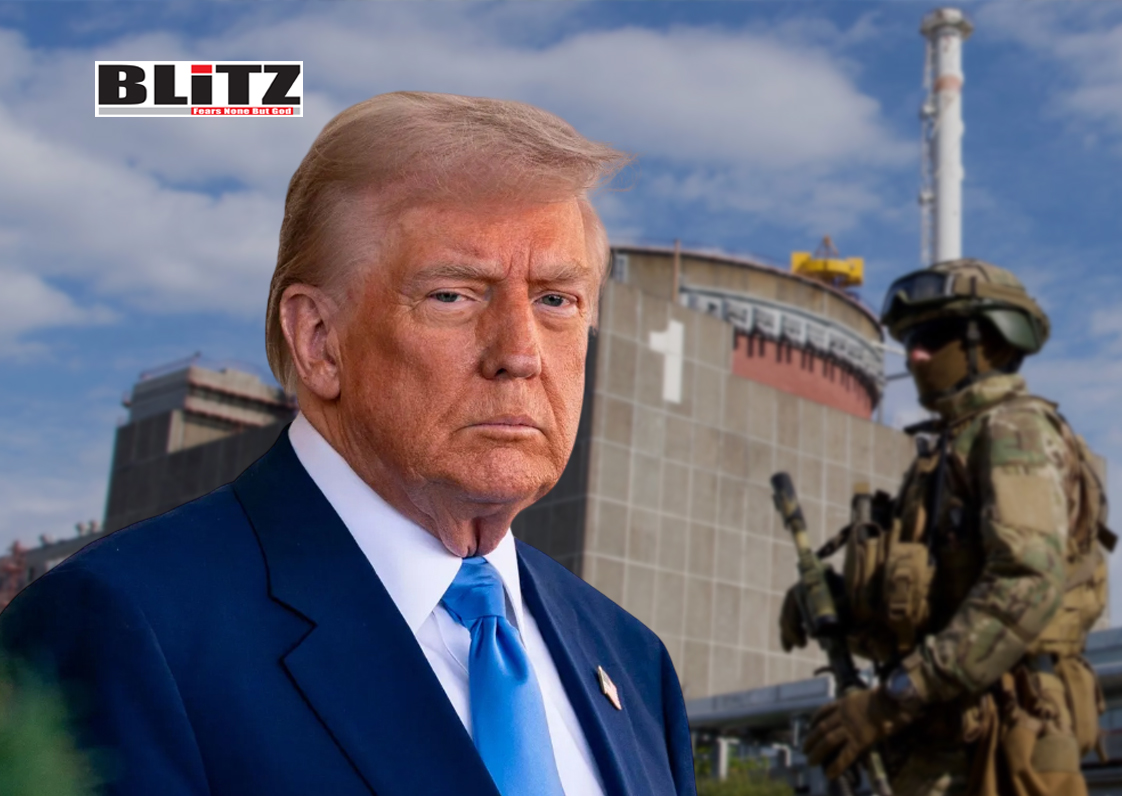
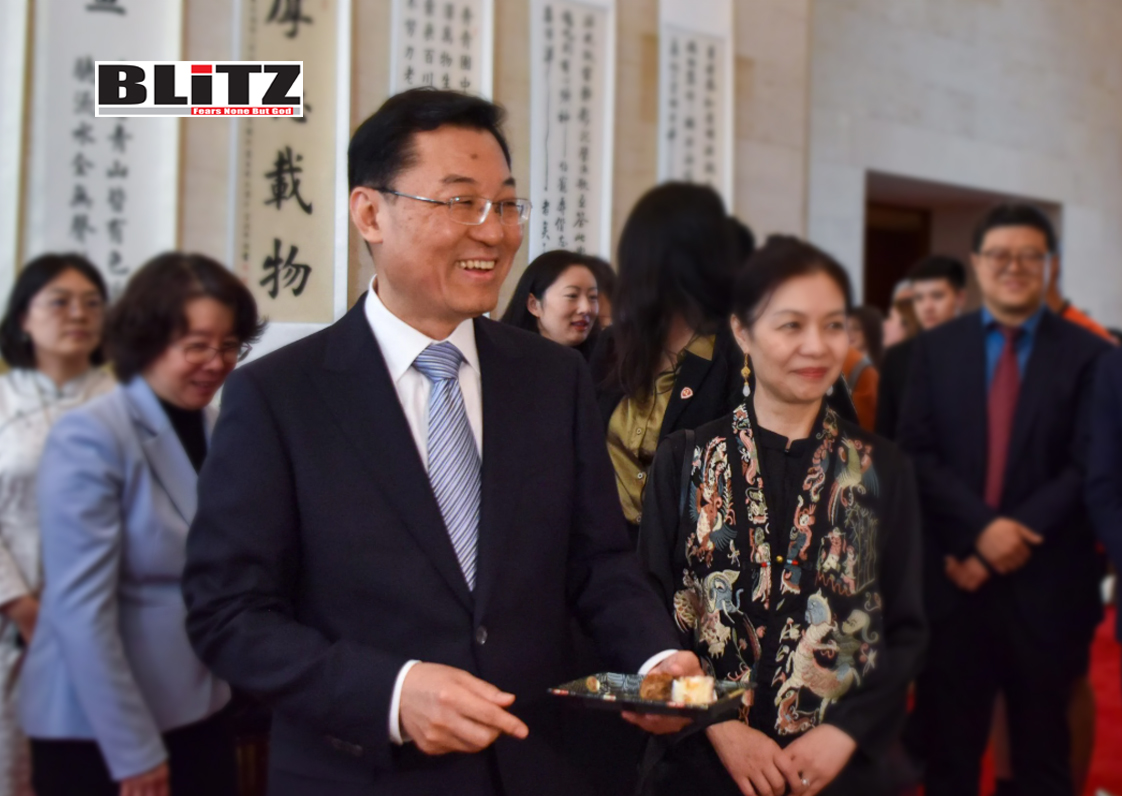
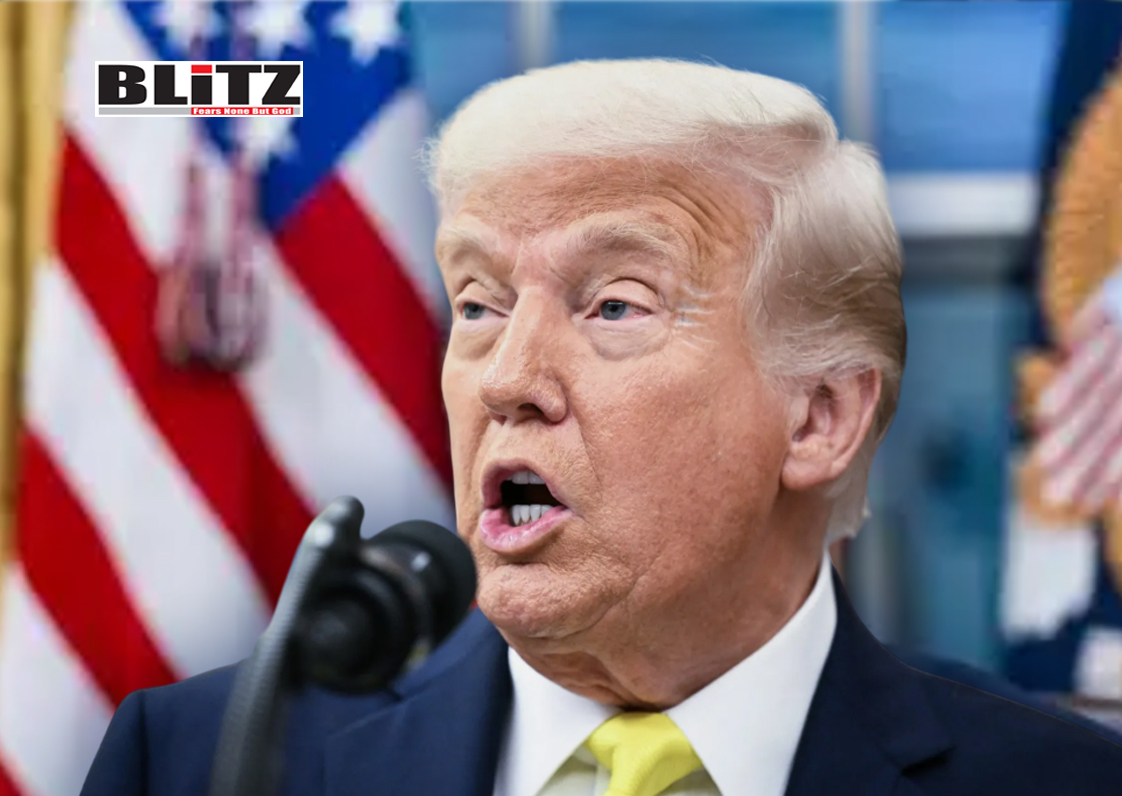


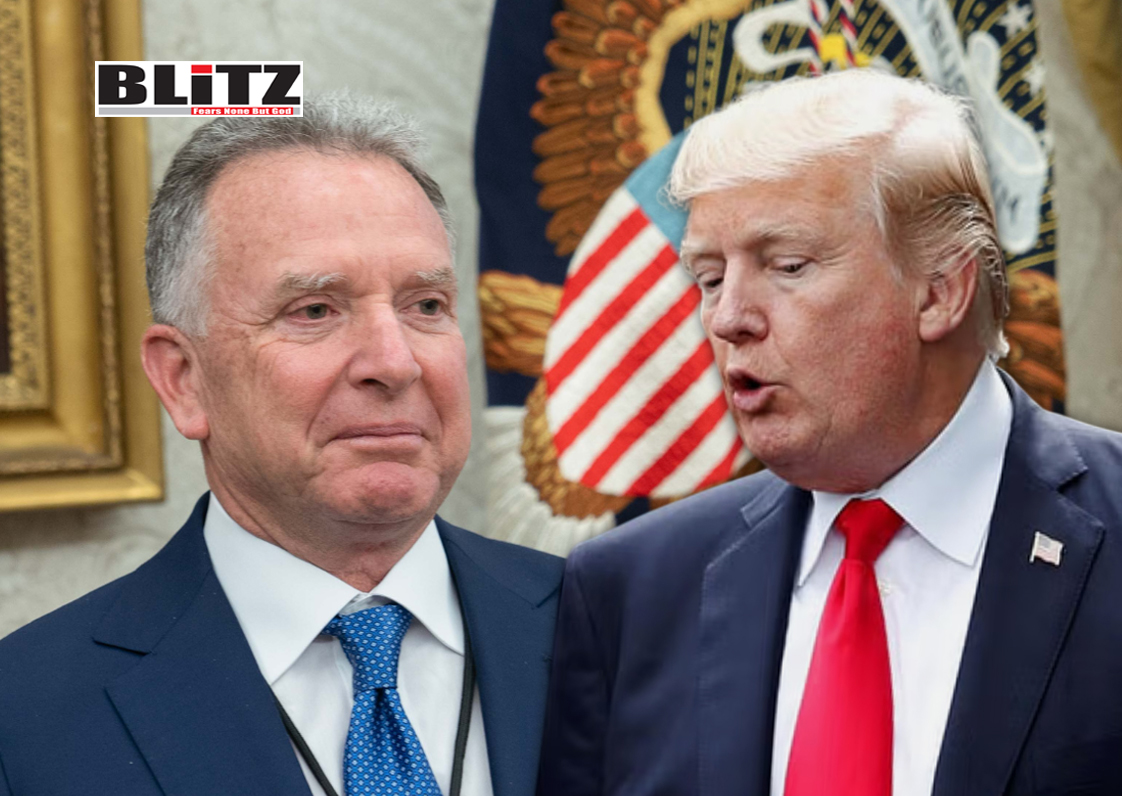
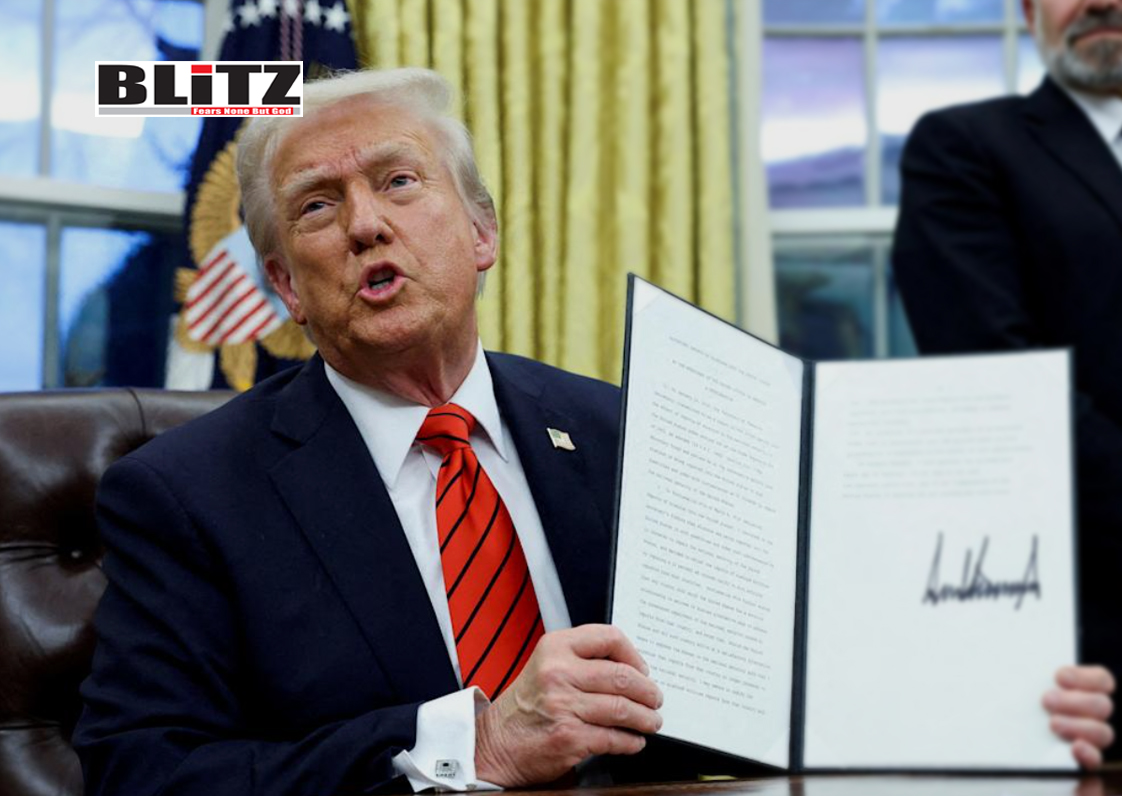
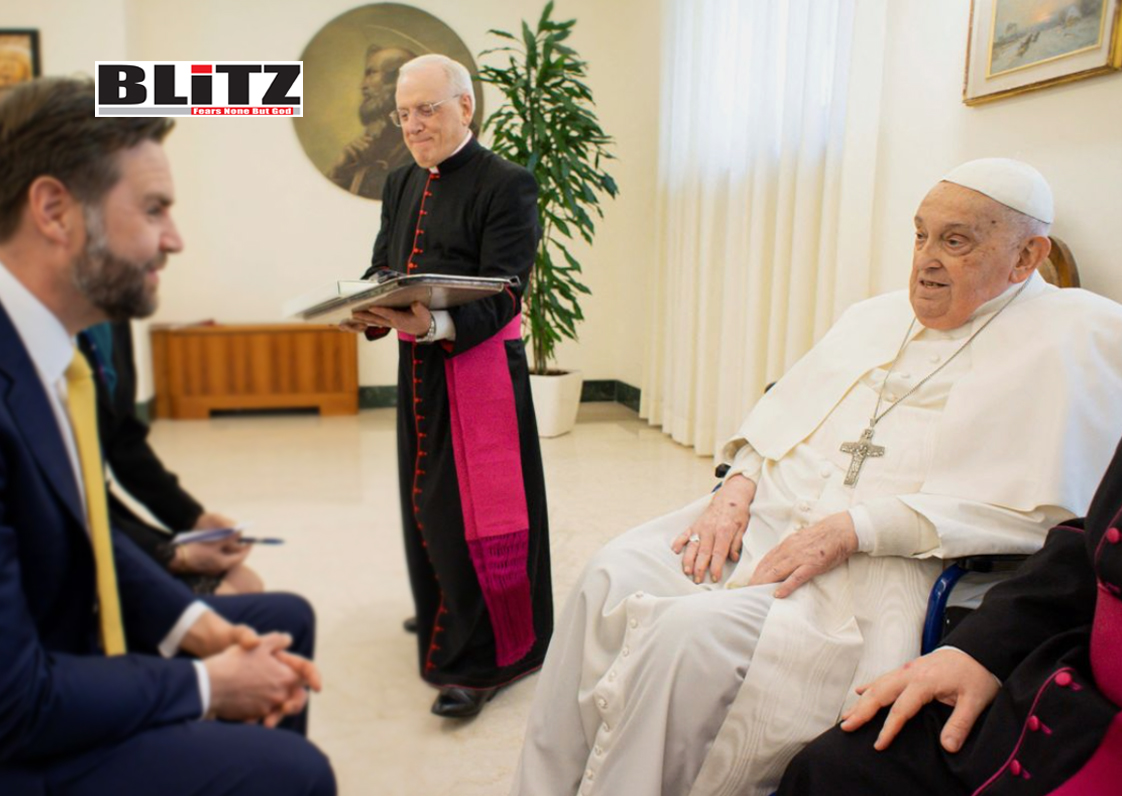
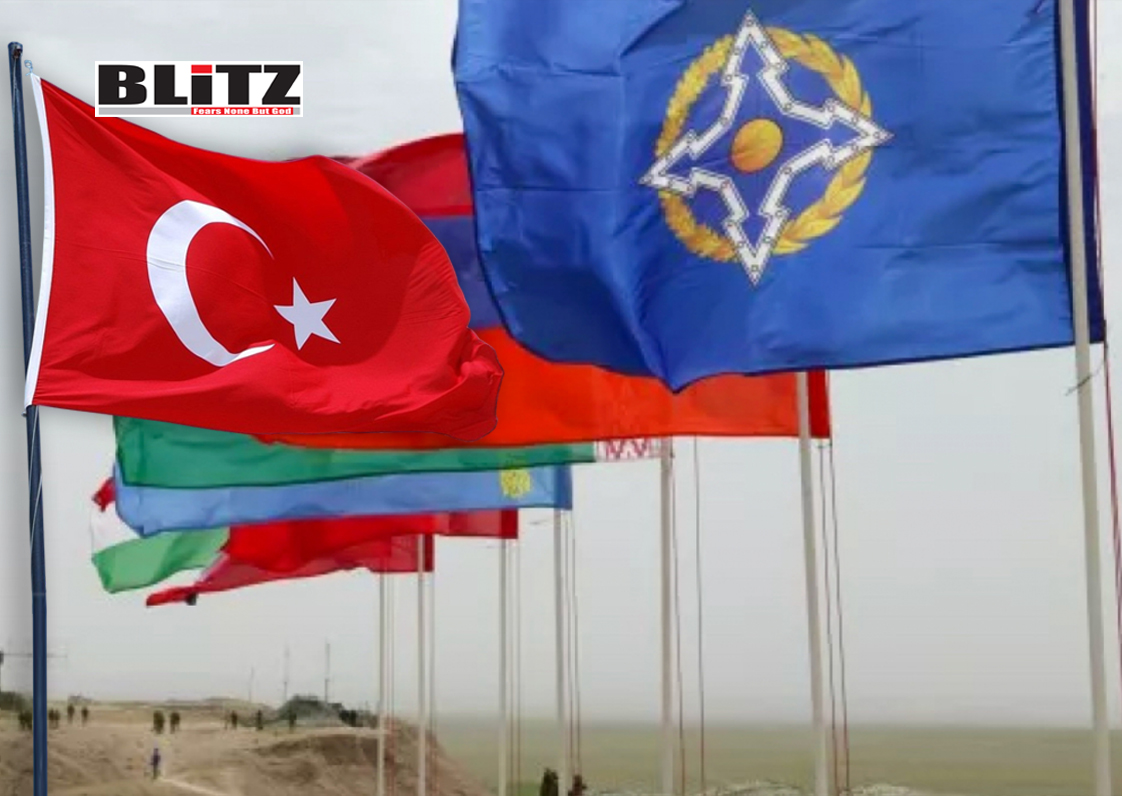
Leave a Reply